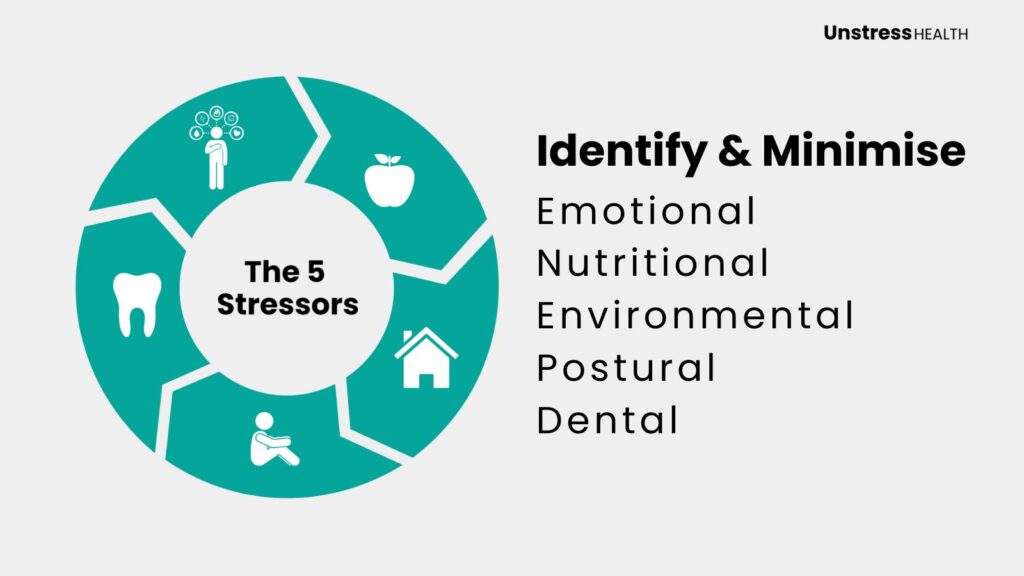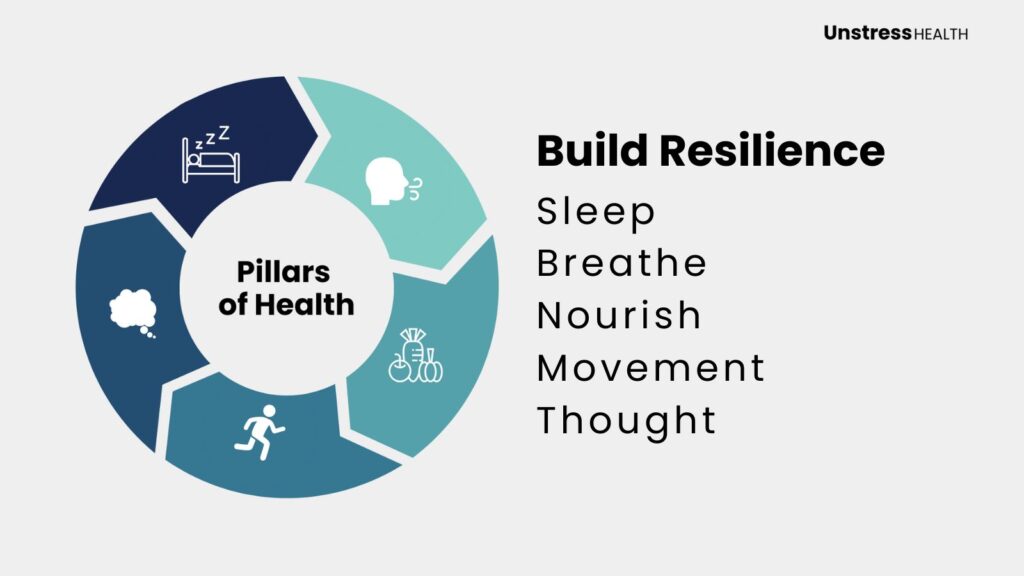Stress is often seen as a negative force that needs to be avoided at all costs. However, what if we told you that stress can actually be harnessed and channelled into a powerful tool for achieving peak work performance? It may sound counterintuitive, but the key lies in understanding how to manage and utilise stress effectively.
In this article, we will explore the science behind stress and its impact on our performance, as well as practical strategies for turning pressure into productivity. From embracing a growth mindset to implementing stress-reducing techniques, we will provide you with the tools and insights to not only survive but thrive in high-pressure environments.
Understanding stress and its effects on peak work performance
Stress is a natural response to pressure or demands placed on us, and it can have both positive and negative effects on our peak work performance. When stress is managed well, it can act as a motivator, pushing us to perform at our best. However, if stress becomes overwhelming or chronic, it can lead to burnout and hinder productivity.
The science behind stress and performance
To understand how stress affects our performance, we need to delve into the science behind it. When we experience stress, our bodies release hormones like cortisol and adrenaline, preparing us for a fight-or-flight response.
This surge of hormones can sharpen our focus and increase our energy levels. However, prolonged exposure to stress hormones can impair cognitive function and make it difficult to concentrate.
The benefits of stress in the workplace
While excessive stress can be detrimental, moderate levels of stress can have several benefits in the workplace. Stress can enhance our alertness, improve our decision-making abilities, and spur creativity. It can also push us out of our comfort zones and encourage personal and professional growth. By reframing stress as a challenge rather than a threat, we can harness its power to drive us towards success and peak work performance.
Identifying and managing stress triggers
To effectively harness stress, it’s crucial to identify our stress triggers and find ways to manage them. Common stress triggers in the workplace include tight deadlines, high workloads, and interpersonal conflicts.
By recognising these triggers, we can develop strategies to cope with them, such as time management techniques, effective communication skills, and conflict resolution strategies.
We also need to examine stressors outside of the workplace which then have a spillover effect. These may include personal relationships, family pressures, health challenges or financial struggles.
Understanding the effects our personal lives have on our professional and vice versa helps with putting management techniques into place.

Techniques for channelling stress into motivation
Once we’ve identified our stress triggers, we can learn to channel stress into motivation and peak work performance. One effective technique is to reframe stress as excitement.
By viewing stressful situations as opportunities for growth and learning, we can shift our mindset and turn pressure into positive energy. Setting achievable goals, breaking tasks into smaller, manageable steps, and celebrating small wins along the way can also help us stay motivated and focused.
Creating a stress-reducing work environment
In addition to individual strategies, organisations can play a crucial role in creating a stress-reducing work environment. Providing employees with the necessary resources and support, fostering open communication, and promoting work-life balance are essential steps in reducing workplace stress.
Encouraging regular breaks, promoting physical activity, and offering stress management programs can also contribute to a healthier and more productive work environment.
Building resilience to handle workplace pressure
Resilience is the ability to adapt and bounce back from setbacks, and it plays a vital role in handling workplace pressure.
Building resilience involves cultivating a positive mindset, practising self-care, and developing healthy coping mechanisms. Engaging in activities like meditation, exercise, and hobbies can help us recharge and build our resilience.
Optimising our health through nutrition, sleep and how well we breathe also helps build resilience. Additionally, seeking support from colleagues, mentors, or professional networks can provide valuable guidance and encouragement during challenging times.

Strategies for maintaining work-life balance
Maintaining a healthy work-life balance is crucial for managing stress and achieving peak work performance. Setting boundaries between work and personal life, prioritising self-care, and making time for hobbies and relationships are all essential in preventing burnout.
By allocating time for activities that bring us joy and fulfilment outside of work, we can recharge and bring our best selves to the workplace.
The role of self-care in managing stress
Self-care is often overlooked, but it is a vital aspect of managing stress and maintaining overall wellbeing. Engaging in self-care activities like getting enough sleep, eating a nutritious diet, and practising relaxation techniques can help reduce stress levels and improve our ability to handle pressure.
Taking care of our physical and mental health is essential for long-term success, productivity and perk work performance.
Conclusion: Embracing stress for peak work performance
In conclusion, stress can be harnessed and channelled into a powerful tool for achieving peak work performance. By understanding the science behind stress, identifying and managing stress triggers, and implementing stress-reducing techniques, we can transform stress from a hindrance to a catalyst for success.
Embracing stress with a growth mindset, creating a stress-reducing work environment, building resilience, and maintaining a healthy work-life balance are all essential steps in harnessing the power of stress. So, let’s shift our perspective on stress and unlock our full potential for personal and professional growth.





